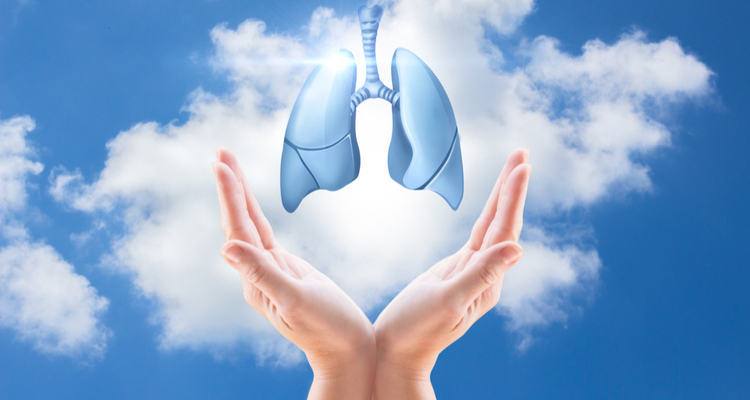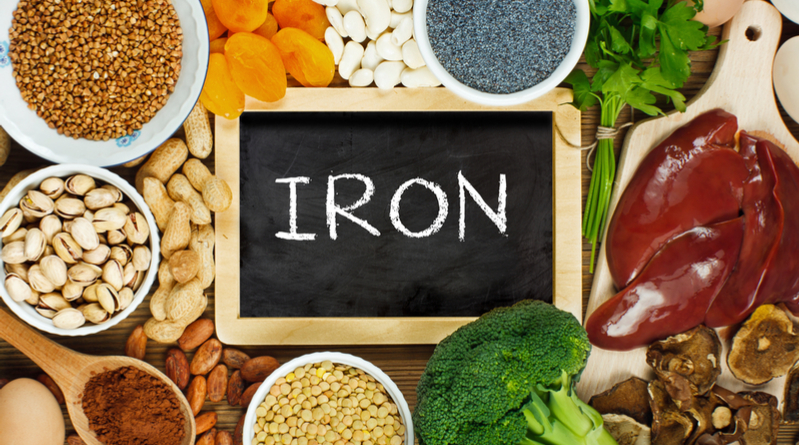Asthma is a chronic disease of airways, which are responsible for transferring air to and from the lungs. According to WHO, 235 million people in the world suffer from Asthma. A person suffering from asthma has inflamed and swollen bronchial tubes, the inner walls of airways. This inflammation further leads to irritation, and makes the airway sensitive to a few allergens. It could be the food you eat, dust or mite that could trigger an asthma attack, and you need to know about these triggers.
When a person suffering from asthma is in contact with these triggers, the airways start swelling, and the muscles around the airways tighten, making it difficult for the air to move in and out of the lungs. This episode is called an ‘asthma attack’ or ‘asthma flare-up’.

Asthma is one of the most common chronic ailments affecting children as well. Most children begin progressing asthma in very early childhood, even before they turn five. In most cases, once the lungs start developing, asthma can begin fading away. Asthma affects children differently than it does to adults. Kid’s lungs easily get inflamed when they’re exposed to cold or pollen, and this sometimes can turn into a life-threatening asthma attack.
Symptoms of Asthma are:
- Tightness in the chest
- Wheezing
- Breathlessness
- Coughing
- Hives
- Rashes
- Vomiting
- Nausea
- Diarrhea
Also Read: Top 5 Foods that Help your Lungs Breathe Easy
As mentioned above, there are certain “asthma triggers” to be aware of. They are:

- Allergies
- Food additives and food
- Exercise
- Heartburn
- Weather
- Smoking
- Medications
- Sinusitis
- Smoke
How is food linked to Asthma?
Food is seldom a reason for asthma. However, the symptoms of a severe allergic reaction to a food item can imitate “asthma attack” symptoms. It is crucial to be aware of one’s food allergies/food intolerances.
Any atypical reaction to food is an adverse reaction. Few adverse reactions could be:
- Food Allergy: Food allergies can result in mild to extreme life-threatening reactions. They don’t usually cause asthma without other symptoms. If a person has food allergies, asthma can be a part of an acute life-threatening reaction known as anaphylaxis.
- Food Intolerance/ Sensitivity towards certain foods: This is typically a difficulty to digest certain types of foods. Examples are food poisoning, reflux, or reaction to chemicals present in food or drinks such as caffeine.
- Food Preservatives/Additives: Additives and preservatives can also act as a trigger for an asthma attack. Additives, like sodium bisulfite, sodium metabisulfite, potassium bisulfite, potassium metabisulfite, and sodium sulfite, are the most common chemicals used in food processing or preparation.
The common foods that can trigger asthma:
Certain foods can aggravate asthma symptoms upon consumption. You must completely avoid such foods to keep asthma at bay, especially if you are allergic –
- Eggs
- Cow’s milk
- Peanuts
- Wheat
- Shrimp and other shellfish
- Soy
- Fish
- Tree nuts
- Pickled foods
- Flavored foods
- Wine and beer
- Dried fruits and vegetables
Also Read: Fish Oil: Does it Improve Asthma Symptoms?
Foods to add to your diet:
On a brighter side, some nutrients and foods can improve lung function in asthma patients:
- Beta-carotene rich fruits and vegetables: Foods rich in beta-carotene, vitamin C, and E can reduce lung irritation and swelling caused by cell-destructive chemicals called free radicals. Examples: leafy greens and carrots
- Vitamin- D rich foods: eggs and milk are a great source of vitamin D.
- Magnesium-rich foods: A study revealed that children from the ages 11-19 who were deficient in magnesium levels are prone to frequent aasthma attacks. Magnesium is rich in pumpkin seeds, spinach, salmon, and dark chocolate.
What you can do to feel better:
- Avoid the food trigger: Be careful about what is being consumed. The first step is to stay away from foods that are suspected to be asthma triggers, especially if a person is at risk of anaphylaxis (which is a perilous allergic reaction).
- Auto-Injector: If a child or a person has an auto-injector, it is advisable to carry it with them at all times and use it immediately in case of severe anaphylactic symptoms.
- Asthma-Inhaler: Asthma inhaler should be immediately utilized in case of any food-triggered asthma attack.
- Preventer Inhaler: This should be utilized every day to reduce inflammation in airways to reduce reaction to asthma triggers.
Eating a healthier diet and following the do’s and don’ts advised by your health practitioner can improve overall health. When a person is consistent in preventing asthma flareup, the lungs start working better, and the severity of symptoms reduces. Following a healthier diet can also prevent cholesterol imbalance, improved digestion, lower blood pressure, and aid in weight loss further helping in lowering the asthma attacks.
Also Read: List of Foods You Can Eat to Prevent Respiratory Diseases








